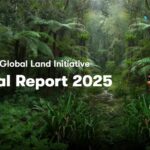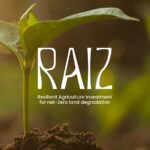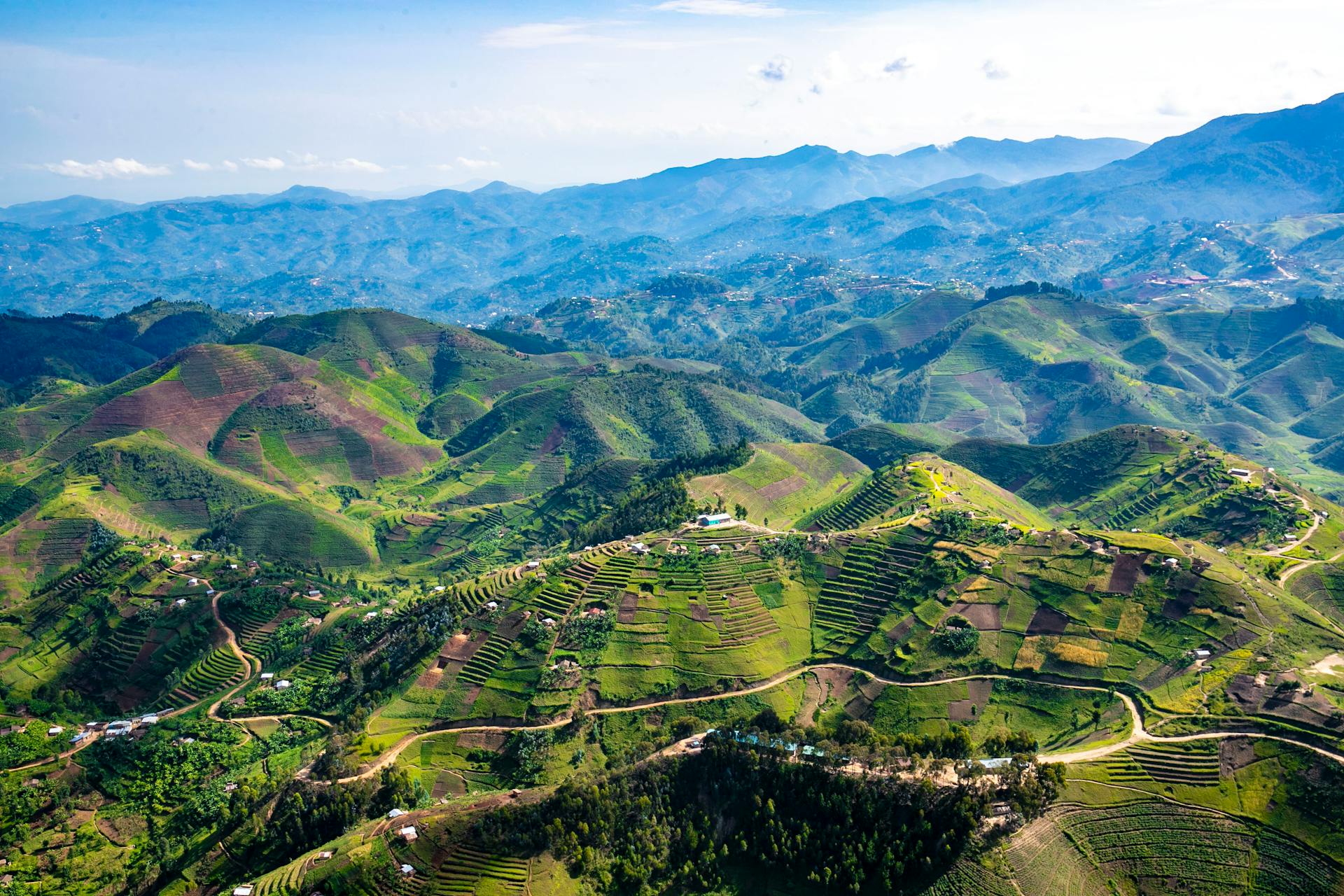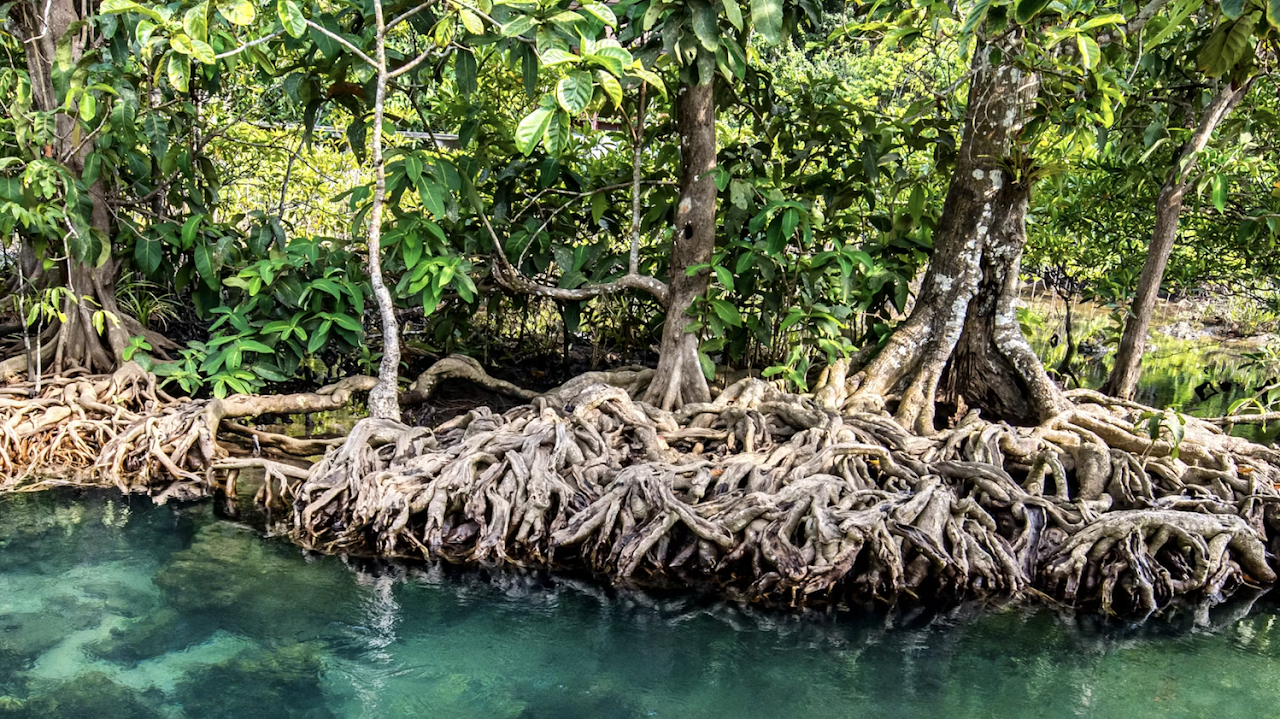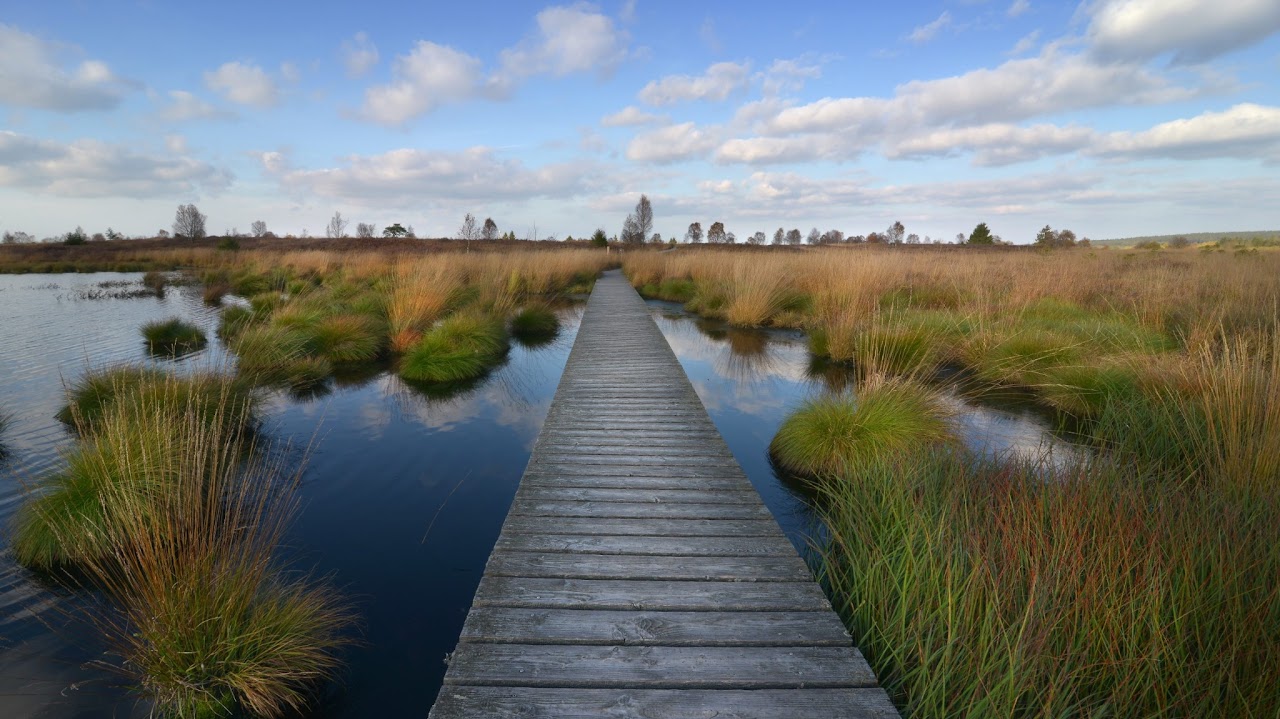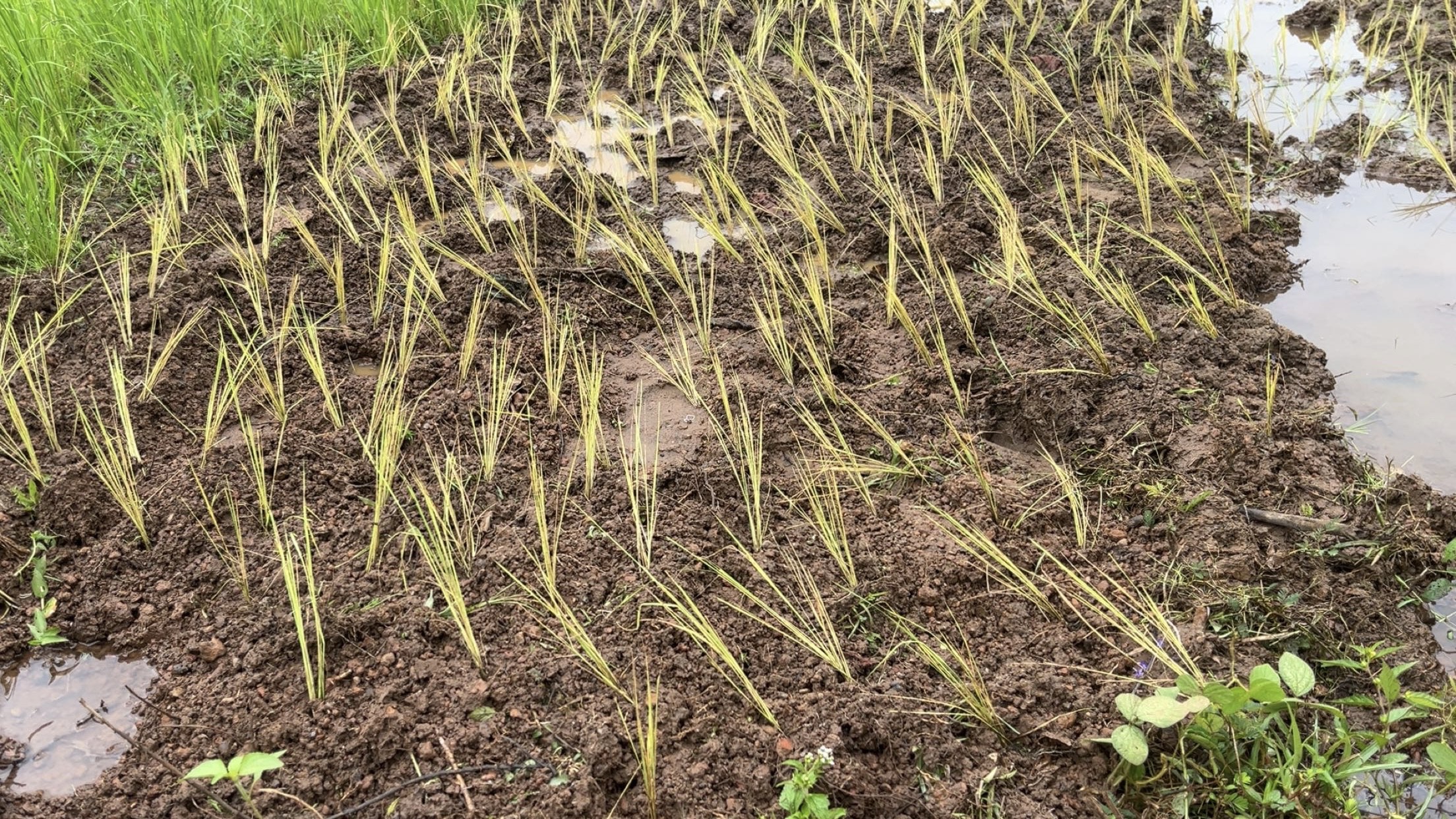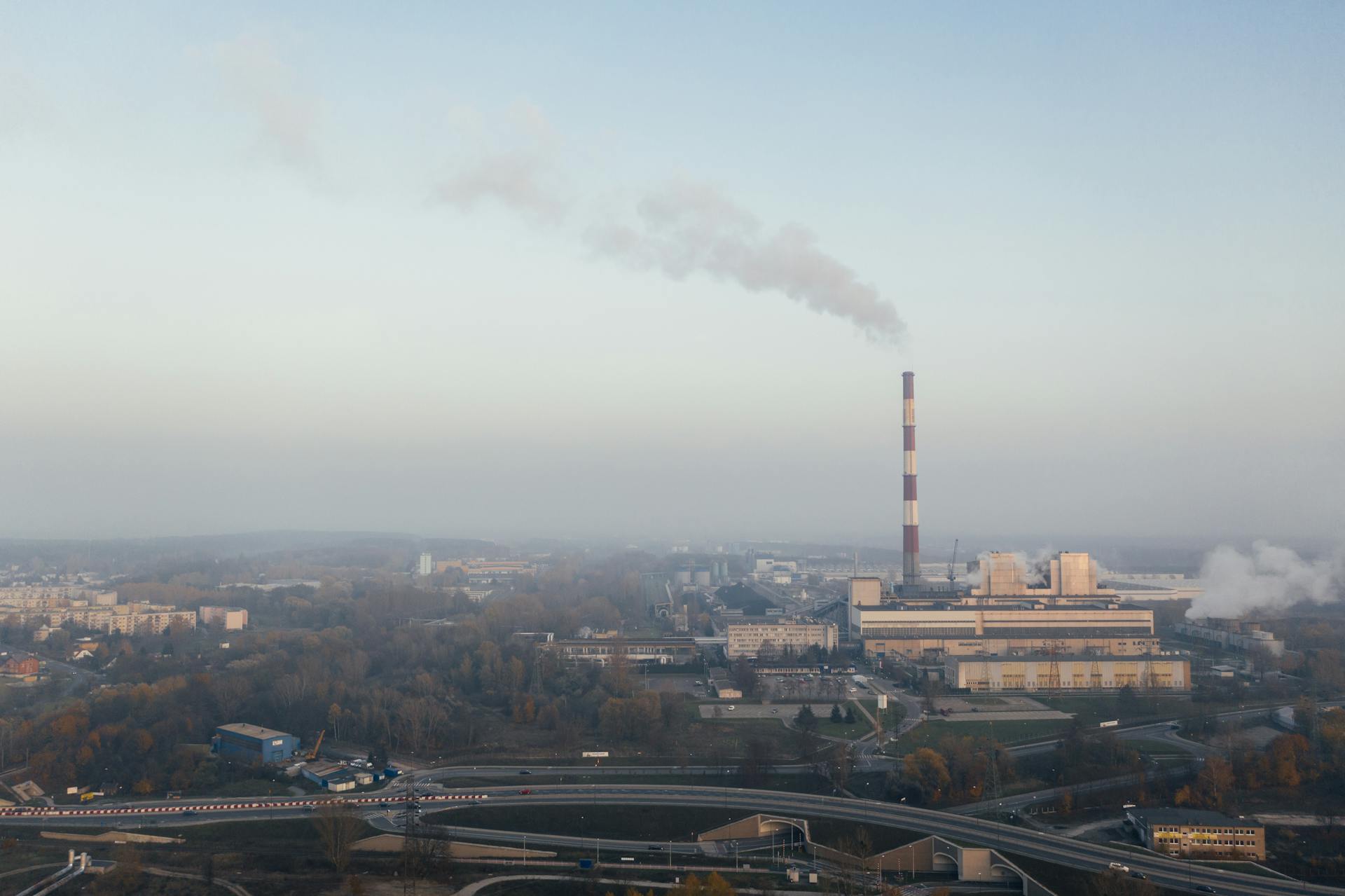Innovative grassroots organizations restoring land awarded USD395,000
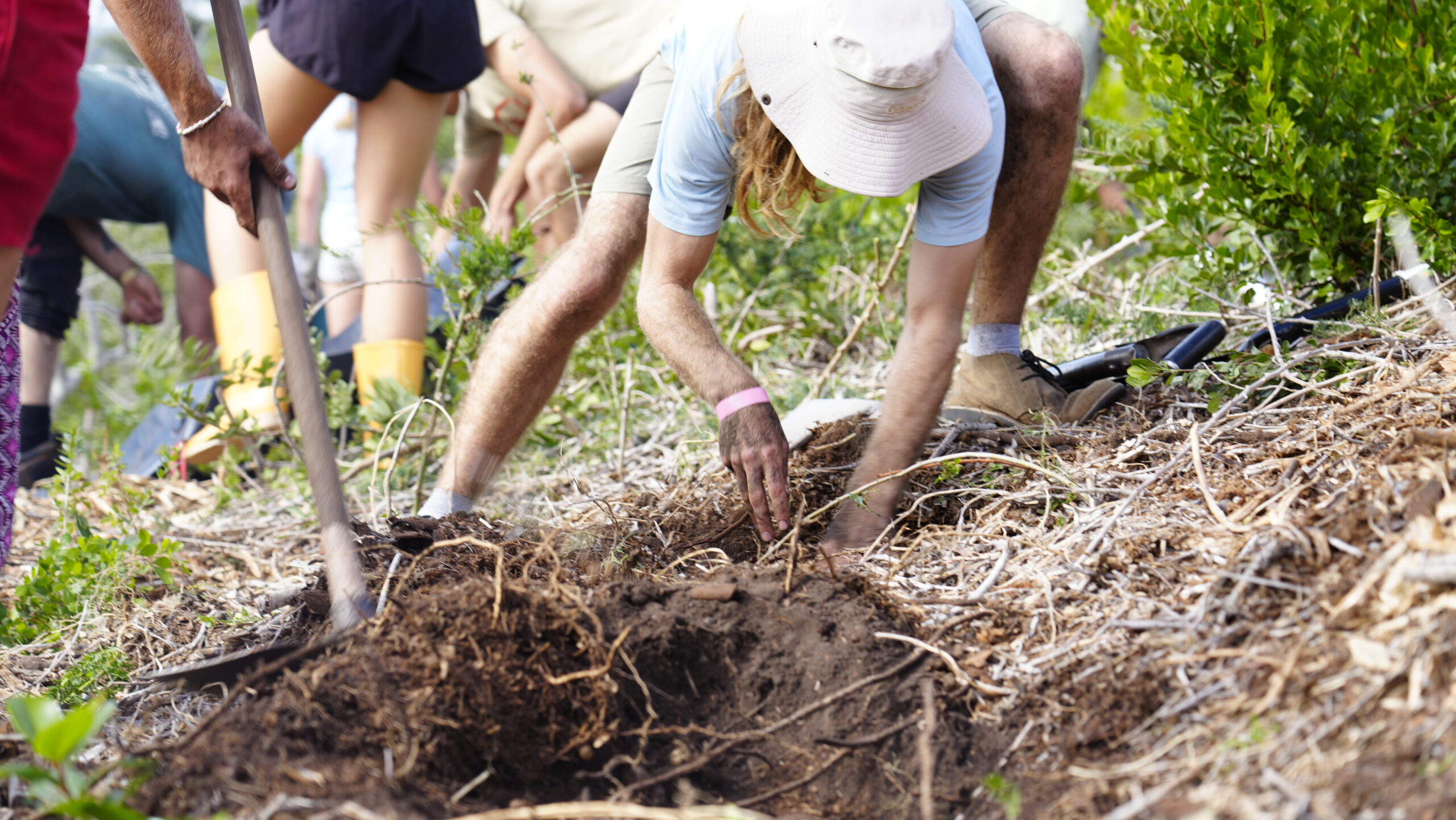
Photo credit: UNCCD/G20 Global Land Initiative
In a decisive step to reverse land degradation, 39 land restoration projects led by grassroots organizations have been awarded USD 395,000 through the inaugural Small Grants Programme of the G20 Global Land Initiative (GLI), a flagship initiative of the United Nations Convention to Combat Desertification (UNCCD).
Drawn from 22 countries, the winning projects were selected for their innovation, impact and sustainability. Over 650 organizations from more than 100 countries applied for the award. The winners were selected following three rounds of review by separate UNCCD staff teams, with varied expertise in land management and restoration.
Awardees will receive between US$5,000 and US$15,000 to fund grassroots efforts that boost local economies, improve food and water security and strengthen ecosystem resilience.
The announcement was livestreamed at an event showcasing the grant winners.
The Small Grants Programme is an important tool for achieving the G20 GLI’s mission of reducing degraded land by 50 percent by 2040.
“We are aware that these big numbers, cannot be achieved by small initiatives alone. Yet, we feel, it is important that tens of thousands of small actors, engaged in land restoration around the world, be supported, promoted and recognized,” Dr. Muralee Thummarukudy, Director of the G20 Global Land Initiative, said during the award ceremony.
Special priority was given to organizations accredited to UNCCD and to projects empowering Indigenous Peoples, youth, women and the elderly.
The programme was set up in 2024 to support community-level non-profit organizations worldwide.
By directly supporting civil society and grassroot actors, these grants will generate measurable progress across global restoration priorities, such as soil fertility enhancement, forest regeneration, sustainable agriculture, agroecology and ecosystem-based adaptation.
Beyond reclaiming land, the projects are enhancing livelihoods, strengthening community climate resilience, and fostering social enterprise and eco-preneurship.
“When we do these small grants program, it is not just about the grant. It’s about the network which we create and the visibility it provides — both for those within it and those outside who can benefit from their knowledge and experience,” Thummarukudy added.
Three of the highest-scoring projects were showcased at the UNCCD Conference of the Parties held in Riyadh, Saudi Arabia, in December 2024, to highlight their potential for scaling and replication across regions.
Winners will also be showcased at select high-level events in the future.
The G20 GLI is committed to inclusive and continuous engagement, and is exploring future collaboration opportunities for the applicants not selected in this round.
Stressing that “this is just the beginning, this will be an annual process, the next cohort is about to start,” Dr Thummarukudy invited community organizations doing land restoration to apply to join the network because both “big and small” [efforts] are important.
The second call for applications will open in 2025 with increased funding and expanded support for grassroots restoration efforts worldwide.
Innovative community-led restoration initiatives are essential for creating green jobs, especially for youth and women.. The awards provide support that can transform restoration into a catalyst for economic opportunity and sustainable environmental management.
Examples of selected 2024 grantees include:
Legacy of War Foundation (Rwanda), which will restore six hectares of degraded soil while empowering 90 women as landowners of fully organic cooperative farms. By integrating climate-smart and artisanal farming methods, the project aims to improve soil fertility and agricultural resilience in post-conflict rural communities.
Up2Green Foundation (India) is restoring mangroves and riverbanks in Tamil Nadu, India. The project is reforesting 60 hectares and planting 15,000 fruit trees, enhancing biodiversity, strengthening coastal resilience for flood prevention, and training local communities in sustainable agroforestry practices.
Sustainability and Environmental Studies Endeavor (Nepal) is working to restore ecological balance along the mythological Nagaraj Trail. By revitalizing degraded farms, wetlands and forests using nature-based solutions, the project promotes nature-inclusive agriculture and convivial conservation approaches.
About the G20 Global Land Initiative
The G20 Global Land Initiative was launched in 2020 under the Saudi G20 Presidency. Hosted by the UNCCD, its ambition is to reduce degraded land by 50 percent by 2040. By showcasing land restoration, empowering civil society, engaging the private sector and building capacity, G20 GLI is driving restoration to scale and energizing a restoration economy. The Small Grants Programme is a key component of this vision, empowering civil society to restore degraded lands and promote sustainable land management at scale.
Facts and Figures
- A grant pool of US$395,000 in total will be given away
- Three categories of awards for the 2024 round: US$5,000, US$10,000 and $US15,000
- 673 organizations from 100 countries applied for the award
- Thirty-nine organizations from 22 countries were awarded
- US$15,000 will go to 14 winners
- US$10,000 will go to 12 winners
- US$5,000 will go to 13 winners
- Location of the winners: 5 per cent Europe; 15 per cent Asia and Pacific; 21 per cent Latin America and the Caribbean; 59 per cent Africa
- Ecosystems benefitting from the grant: Tropical Rainforests, Agricultural Land, Freshwater Ecosystems, Wetlands, Grasslands, Urban Land, Savannas, Deserts, Alpine Ecosystems.
- The 2025 round to be launched soon will have increased funding and expanded support.
About the Small Grants Programme
- An initiative of the G20 Global Land Initiative
- Launched in 2024 with the second round starting in 2025
- Empowers civil society organizations by
- Recognizing and Rewarding innovative community-led initiatives
- Increasing the visibility of community-led initiatives
- Inspiring community-led organizations to join forces to share ideas and learn together and from each other
- Three rounds of review by separate UNCCD staff teams, with diverse expertise in land management and restoration, selected the winners.
About the G20 Global Land Initiative (g20land.org)
- Set up in 2020 by G20 Countries, the world’s largest economies, during the Saudi Arabia Presidency
- Ambition: a 50 percent reduction of degraded land by 2040
- Location: hosted by the United Nations Convention to Combat Desertification
- Focus: Four activities that help to protect and conserve land and restore degraded areas
- Showcase best practice and lessons learned
- Build capacity across all countries and organizations
- Empower civil society organizations
- Engage the private sector
- Priority land systems: All types of ecosystems
- Uniqueness: focused on scaling land restoration and making restoration a profitable economic activity
- Approach to work: collaboration and synergy with existing restoration initiatives; developing cutting-edge approaches and pathways to restore land.
For project information contact:
Joann Lee, jlee@unccd.int
For media related questions contact:
Wagaki Wischnewski, wwischnewski@unccd.int
